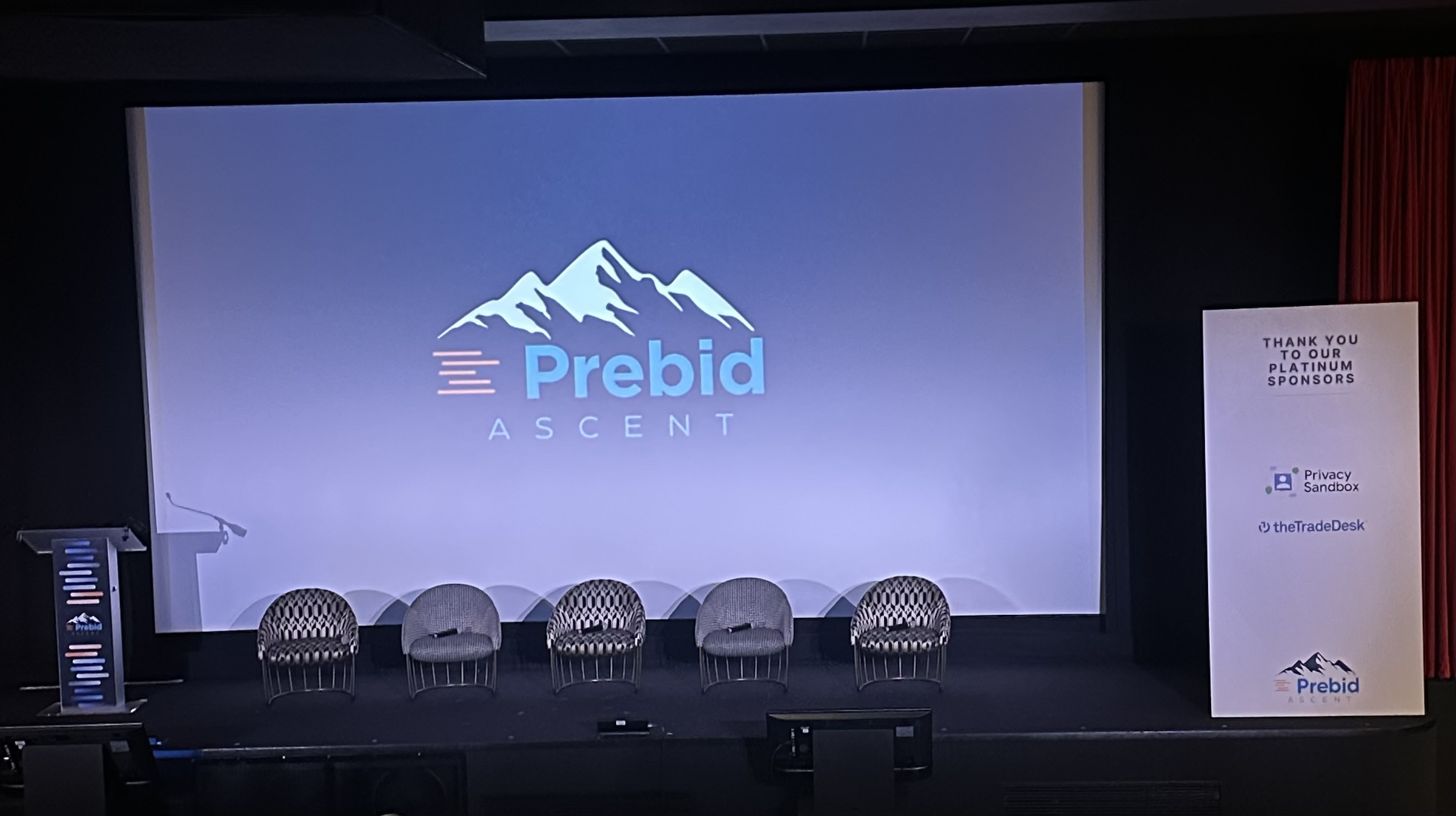Mixed Reviews from Publisher’s on AMP…what’s the real deal?
What is AMP?
AMP (Accelerated Mobile Pages) is an open-source library that provides a straightforward way to create web pages that load nearly instantaneously for users. In theory, AMP builds on your existing framework and lends flexibility and customization to all layouts and functions.
Benefits of AMP?
Google AMP is supposed to load data on your web page in under 1 second, so your target audience gets to what they are looking for immediately. Which in turn, makes users more engaged and receptive to marketing messages. And more likely to take the action you are guiding them to. Great, sounds like a good plan.
But…
Many publishers didn’t see any boost in traffic or more page views, according to a Chartbeat analysis of 159 publishers. According to a recent meeting of the AMP Advisory Committee in London, publishers complain:
- They feel obligated to use it to get the top search results in Google’s news carousel.
- There is no user research to validate Google’s claims that AMP provides the optimal user experience.
- Perception is that the AMP Project is good for Google, not for the open web.
- Webpackaging is breaking the link between the publisher and its owned content. And is subject to security concerns, questions about access to analytics, tracking and browser compatibility.
What about Monetization?
Here comes the good news. When first introduced, AMP did not support header bidding, so lesser competition led to lower CPMs. In the first few months, our publisher partners who switched to AMP watched their CPMs plummet up to 50%. A very disheartening situation after the extensive development costs invested to be first movers in AMP. However, now, with the advent of Prebid server to server technology, the header bidders are back on AMP. And they are running strong. We have seen that AdX and header bidder CPMs are similar on AMP and mobile, and native networks get even higher results, with up to 50% higher CPMs on AMP.
Conclusion
Overall, mixed reviews on AMP among the publishing community. While AMP pages do load faster, improving the user experience and improving CPMs, are the development costs worth it? The implementation can be difficult and ads implementation can be even trickier. And AMP supports only Google Analytics for WordPress users and is not flexible in allowing other analytics platforms. But if you are committed to AMP, and willing to give up on some of the cons above, you will be paid back with higher CPMs.
Adapex will continue to bring updates on AMP and follow the work of the advisory committee. We are always available to share our experience with AMP and other trends with you to help you make the best decisions for your business.













